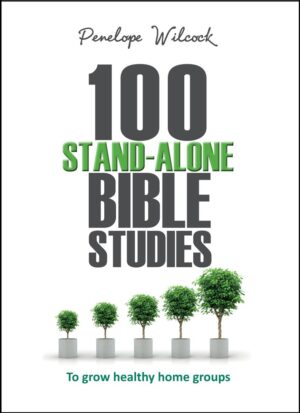



Jesus, full of the Holy Spirit, left the Jordan and was led by the Spirit into the wilderness, where for forty days he was tempted by the devil. He ate nothing during those days, and at the end of them he was hungry.
The devil said to him, “If you are the Son of God, tell this stone to become bread.”
Jesus answered, “It is written: ‘Man shall not live on bread alone.’”
The devil led him up to a high place and showed him in an instant all the kingdoms of the world. And he said to him, “I will give you all their authority and splendour; it has been given to me, and I can give it to anyone I want to. If you worship me, it will all be yours.”
Jesus answered, “It is written: ‘Worship the Lord your God and serve him only.’”
The devil led him to Jerusalem and had him stand on the highest point of the temple. “If you are the Son of God,” he said, “throw yourself down from here. For it is written:
“‘He will command his angels concerning you to guard you carefully; they will lift you up in their hands, so that you will not strike your foot against a stone.’”
Jesus answered, “It is said: ‘Do not put the Lord your God to the test.’”
When the devil had finished all this tempting, he left him until an opportune time.
Luke 4:1–13
The Bible is full of truth, and we can depend on it to lead us into the way of
truth. But there are difficulties when we say that every word of the Bible is to be taken literally. This passage, taken from Luke’s Gospel, is a good example. It tells of Jesus fasting in the wilderness in preparation for his ministry, experiencing temptation as hunger and solitude intensify. The three temptations Luke describes climax in Jerusalem on the pinnacle of the Temple. But if you read the same story in Matthew’s Gospel (also chapter 4), the final temptation is not the one at the Temple in Jerusalem, but the one in which Jesus is shown all the kingdoms of the world, and tempted to choose worldly power instead of spiritual authority.
For people who look for a literalistic interpretation, this poses a problem –
they can’t both be accurate records because the order differs. This should alert us to the reality that each evangelist is describing these events in such a way as to bring out the particular emphasis of his Gospel. Matthew, portraying Jesus as the teacher of righteousness, the true Israel, shows him here choosing integrity over power and thus earning real authority. Luke is showing the centrality of the Temple at Jerusalem, the heart of the Judeo-Christian religious tradition, here at the start of a story that will spread out until it reaches Rome, the secular centre of the Gentile world – a gospel for all people.
God of power and might, our lives are in your hands, and we trust you for our salvation. So fill us with your Holy Spirit that we may grow in discernment and grace, choosing well in a complicated world. We pray for our national leaders, for those set in authority over us in local government, and for those who hold the reins of power in big international companies that can even determine the fate of nation states and ecosystems. May the peace and justice of your kingdom reign supreme over the kingdoms of the earth, and may our little lives reflect faithfully the priorities of the Lord Jesus, for we ask it in his holy name; Amen.